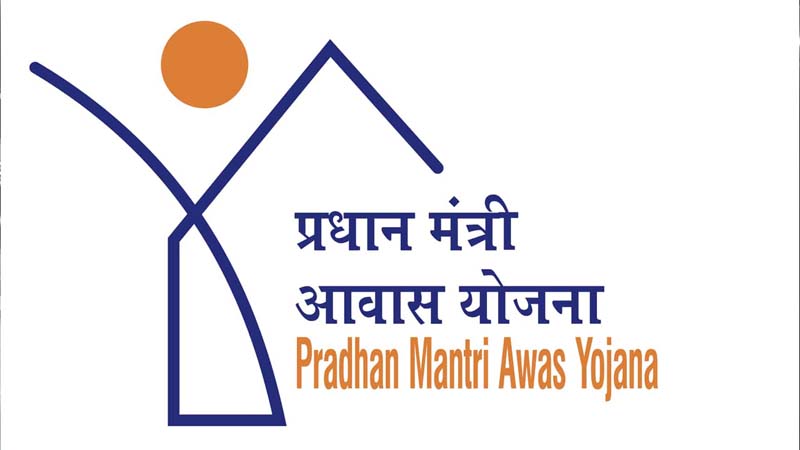The UT Government has issued guidelines for the allotment and lease of land for building houses under the Pradhan Mantri Awas Yojana (Gramin) for poor residents of Jammu and Kashmir, as announced by the Lieutenant Governor earlier. These rules and guidelines aim to facilitate housing for the landless in Jammu and Kashmir while ensuring fair compensation and transparency in land acquisition and rehabilitation processes.
The notification has taken significant steps to address concerns. It specifies that only individuals with valid domicile certificates are eligible for land allocation, subject to thorough verification. This move helps alleviate worries that outsiders once settled will make demographic changes. The primary objective of these measures is to assist landless individuals in Jammu and Kashmir, which is why a nominal lease fee and annual rental will be taken. This approach will ensure that financial constraints do not hinder the beneficiaries’ access to land. Furthermore, the notification ensures the non-transferability of both the lease and the allocated land. This provision will prevent the exploitation of a loophole wherein individuals could acquire land and then sell it at a premium, a practice that has occurred in the past. By incorporating these provisions, the Government aims to establish a fair and transparent system that provides land to the landless poor in Jammu and Kashmir while safeguarding against potential misuse and ensuring the intended beneficiaries truly benefit from the programme.
The requirement for allottees to commence construction within three months and complete the house within two years, along with the need to obtain permission from the relevant local authorities for construction, adds a layer of complexity to the process. The other way is that the administration provides preapproved standard house plans for both summer and winter zones. Preapproved house plans would eliminate the need for individual plan approval, significantly reducing bureaucratic delays. This would enable beneficiaries to start construction promptly. Standardised housing plans can ensure that houses meet quality and safety standards, benefiting the residents and the overall urban planning and development in the region. Standardised housing plans can also help beneficiaries by reducing the cost of hiring architects or engineers for custom plans, making housing more affordable. It would simplify the administrative process, as officials would deal with a known set of housing plans and specifications rather than assessing individual proposals. This approach can streamline the construction process and reduce the time and potential hurdles involved.
The timely decision by the administration to allocate 5 marlas of land to landless families represents a significant stride in easing the hardships faced by the people of Jammu and Kashmir. The fact that 1.83 million families lack proper housing underscores the substantial housing challenges confronting the population. Over time, the administration has consistently crafted new programmes aimed at benefiting the underprivileged and tackling enduring issues. The allotment of 1360 square feet of plots comes as a much-needed respite for the people in the region. It serves as a soothing remedy for their struggles, offering them the prospect of leading a life characterised by dignity. This initiative holds immense potential for bringing about a profound transformation in the lives of Jammu and Kashmir’s residents. Beyond sheltering them, it instils a sense of security, stability, and self-worth. Possessing their own homes empowers these families to lay the groundwork for a brighter future. Moreover, it creates a conducive atmosphere for children’s education, as stable housing is often linked to improved educational outcomes.
The identification of prospective beneficiaries ensures that the intended benefits will reach those in need on time, minimising bureaucratic delays and ensuring efficient implementation. By addressing longstanding challenges, these transformative initiatives have the potential to usher in positive changes and elevate the lives of the people in Jammu and Kashmir, setting a course towards development, prosperity, and enhanced well-being.
Trending Now
E-Paper


